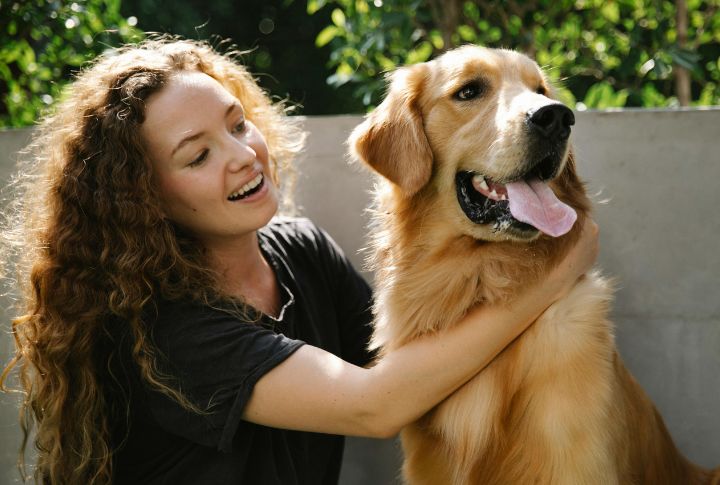These Are 10 Key Insights For First-Time Golden Retriever Owners

Golden Retrievers are full of surprises, and life with one is rarely predictable. They bring curiosity and plenty of moments that can catch you off guard. Being prepared helps you enjoy the ride, handle challenges with ease, and build a stronger bond. Here’s what you need to know before welcoming a Golden Retriever into your home.
Daily, High-Energy Exercise
Golden Retrievers thrive when given plenty of physical activity. Adults need 60–90 minutes of exercise daily, ideally split into multiple sessions, while puppies benefit from shorter, gentle play. Activities like fetch or swimming not only satisfy natural instincts but also prevent boredom-related behaviors such as chewing or excessive barking.
Heavy Shedding, Double Coat
You should expect a lot of shedding with a Golden Retriever. Their dense, double coat sheds year-round, with heavier shedding in spring and fall. Regular brushing keeps fur under control, and their water-resistant coat, originally bred for retrieving game from water, adds another layer of maintenance.
Hip & Elbow Dysplasia Risk
Joint problems can affect many Golden Retrievers. They have a hereditary tendency to develop hip and elbow dysplasia, which may lead to mobility issues. Over-exercising puppies raises this risk, making vet checkups and responsible breeding essential. So, careful activity management early in life promotes long-term joint health and comfort.
Highly Social, Struggles With Isolation
Golden Retrievers are people-oriented dogs that crave companionship. Spending too much time alone can lead to anxiety and unwanted behaviors. They also enjoy following their owners around the house and joining whatever the family does. That habit shows their desire for connection and meaningful companionship.
Lifespan 10–12 Years

Bringing a Golden Retriever home means preparing for a decade or more of companionship. These dogs typically live 10–12 years, with genetics, diet, and overall care affecting longevity. Owners should be ready for a long-term commitment filled with love and shared experiences throughout the dog’s life.
Food-Motivated, Obesity Risk
Golden Retrievers are highly food-motivated, so treats catch their attention easily, increasing the risk of excess intake. Obesity becomes a concern when this goes unchecked. Controlled portions and puzzle feeders create a slower, more engaging mealtime.
Gentle With Children, But Supervision Needed
Families often choose Golden Retrievers because of their calm, tolerant, and child-friendly temperament. Despite their calm and tolerant nature, supervision is important to ensure safe interactions. This guidance helps prevent accidents and allows children and dogs to build positive, trusting relationships.
Susceptible To Cancers
Golden Retrievers are more prone than many breeds to developing certain types of cancer. Regular veterinary checkups and early symptom awareness are vital for prevention and timely intervention. Proactive care ensures your dog receives treatment promptly, giving them a better chance at a longer, healthier life.
Natural Swimmers, Drawn To Water
Water is a natural playground for Golden Retrievers. Their webbed feet and water-resistant coat make swimming easy and enjoyable. If you live near any waterbody, expect your Golden to take every opportunity to dive in, combining fun, exercise, and instinctual behavior safely.
Intelligent, Trainable, Needs Stimulation
These dogs are quick learners who enjoy mental challenges. In fact, Golden Retrievers need regular mental stimulation to stay happy and well-behaved. Puzzle toys, training games, and interactive exercises keep their minds engaged while strengthening your bond and reducing the likelihood of destructive behaviors.





